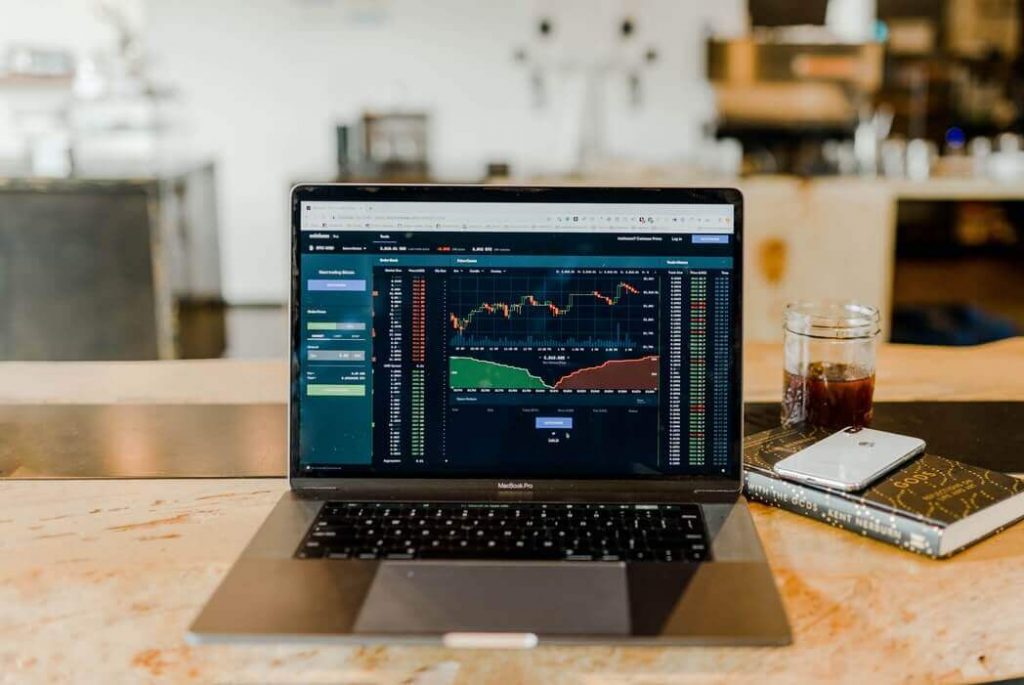Fixed Income Securities
Join over 2 million professionals who advanced their finance careers with 365. Learn from instructors who have worked at Morgan Stanley, HSBC, PwC, and Coca-Cola and master accounting, financial analysis, investment banking, financial modeling, and more.
Start for Free
When studying derivative contracts, we need to carefully distinguish between the two main types – forward commitments and contingent claims.
If you enter in a forward commitment (futures, forwards, and swaps), this means you agree to perform a predetermined and specific transaction in the future.
Consider the following example:
Linda, a skillful investor, believes that the value of the S&P500 index will grow substantially 1 year from now. She doesn’t have the liquidity to buy an S&P500 ETF and hold it for a year. Instead, she prefers to go long on a future contract, which basically means that 1 year from now, she will have to buy the S&P500 at a price that is determined today. Remember that the S&P500 hasn’t grown as yet, so today, she’s able to get a pretty good price for the future purchase. This is why we say that the futures are derivative contracts of the forward commitment type. The parties agree that they’ll make an exchange a year from now, and the terms of the exchange are predetermined.
Contingent claims, on the other hand, are derivative contracts that are tied to the occurrence of a given event.
Have you heard of credit default swaps?
This is a very famous instrument in the finance world. It resembles an insurance contract. If a company goes bankrupt, and you own a credit default swap, you will receive a certain amount (typically covering your exposure to the company which went bankrupt).
Now, this is a derivative contract whose payment is anything but certain. So, we logically call it a contingent claim. Payment is made only if the underlying company goes bankrupt.
In the next few articles, we’ll describe in detail how futures, forwards, swaps, options, and credit derivatives function.
All we need to remember here is that:
- futures, forwards, and swaps are forward commitments, while
- options, credit default swaps, and some other derivatives are contingent claims (involving a financial exchange only if a certain event occurs).
